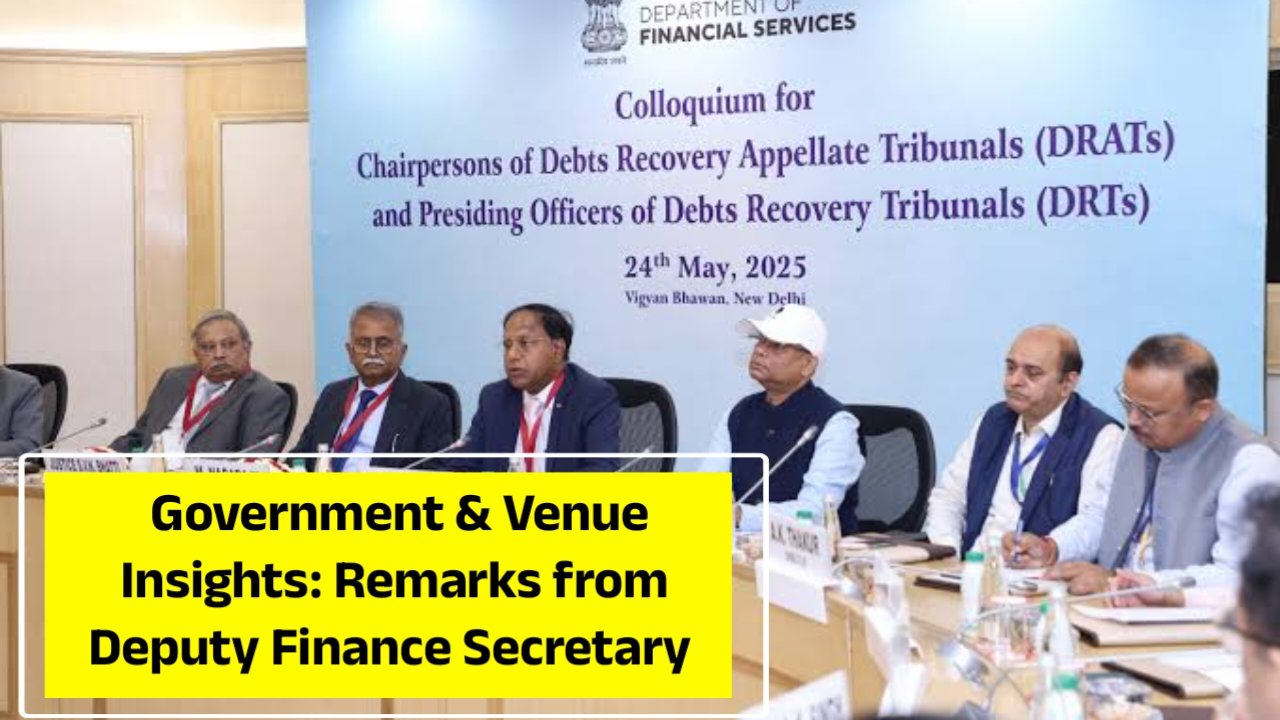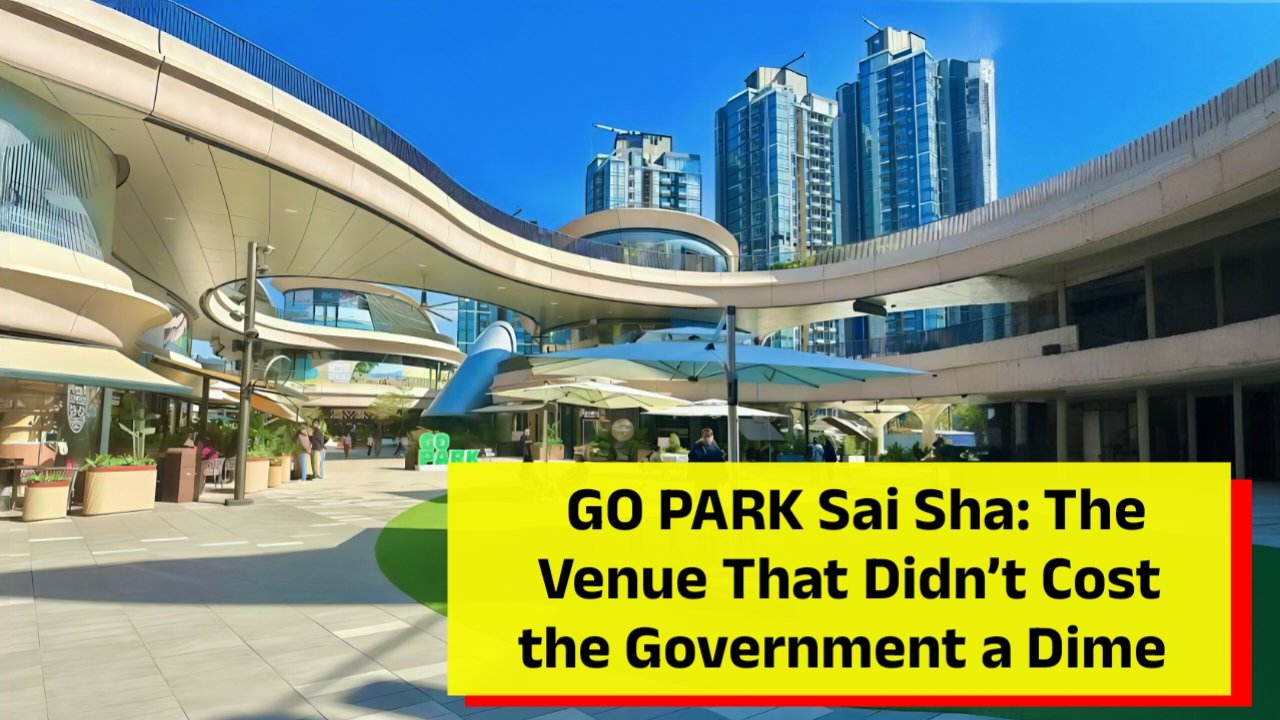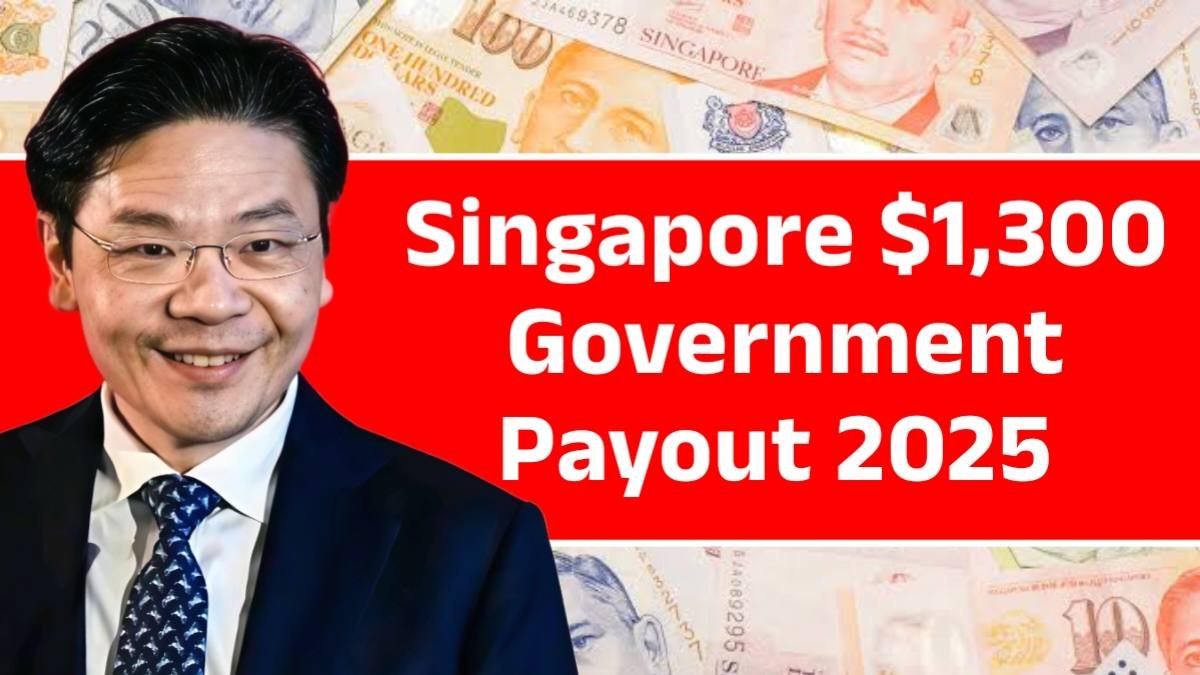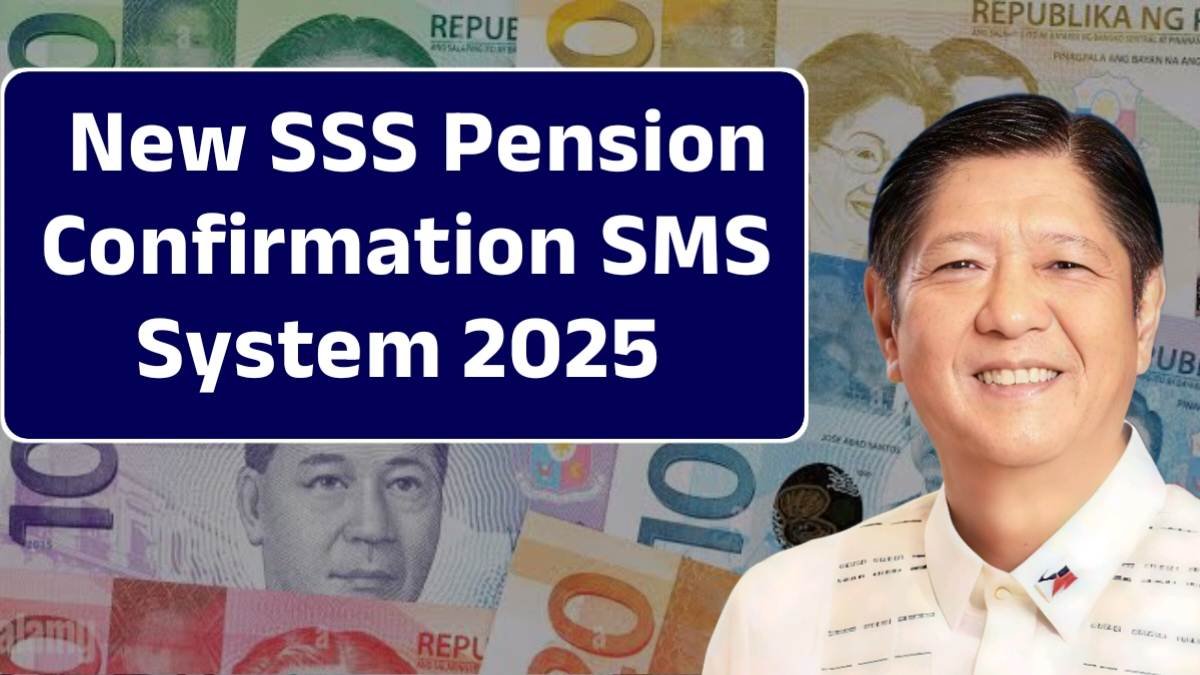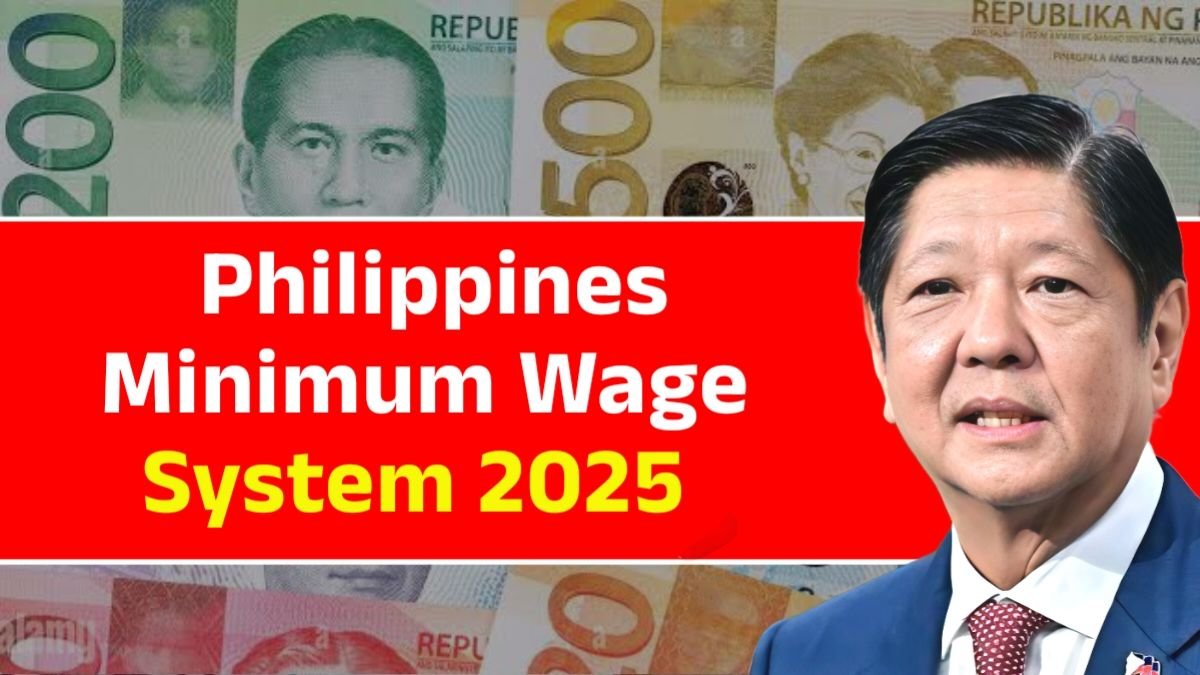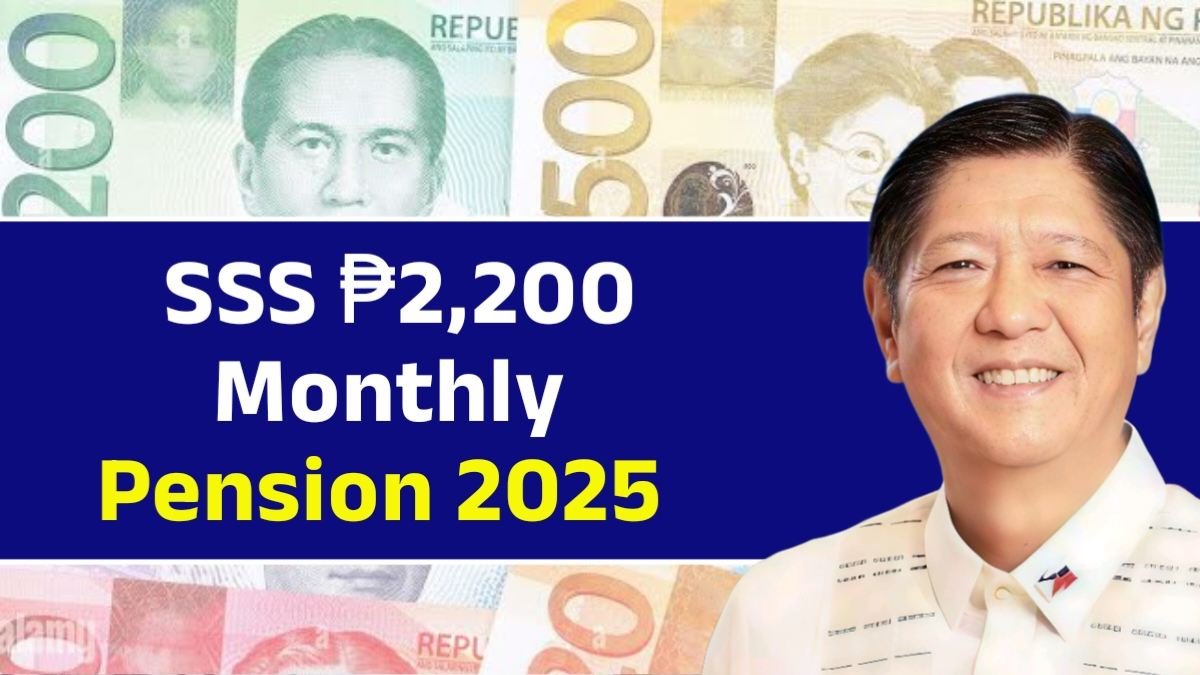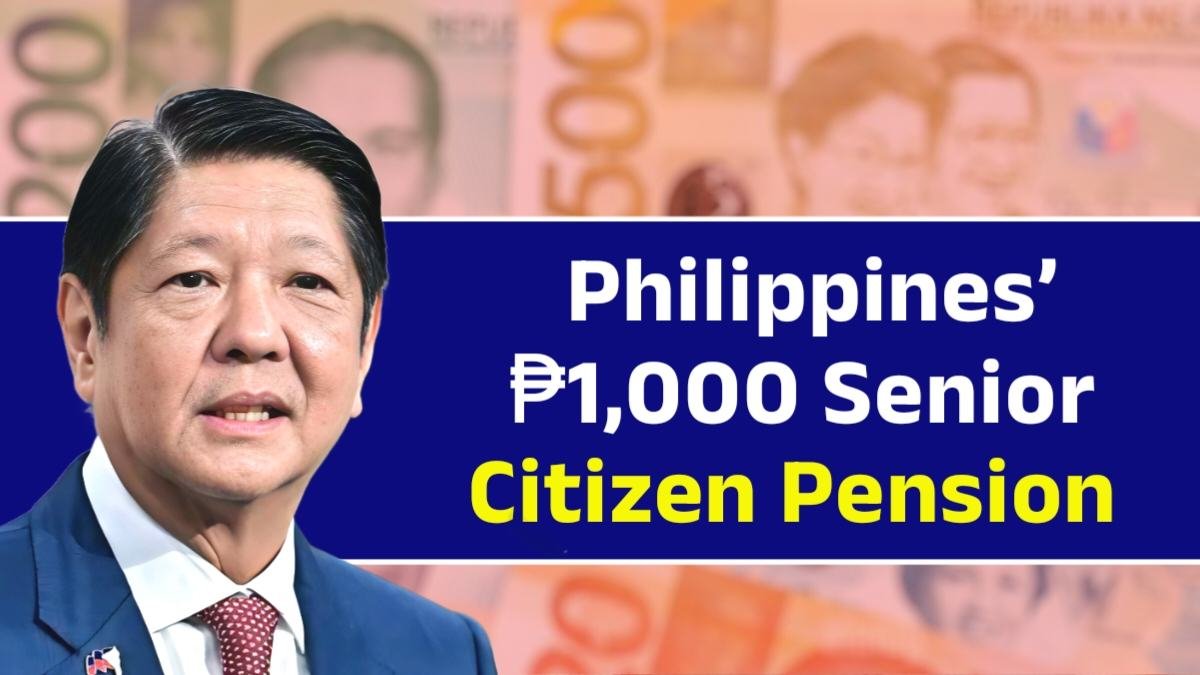The TWGS 2024 in Hong Kong was more than just a sporting spectacle—it was a carefully planned event supported by both the government and local organizations. At the center of this planning was the Deputy Finance Secretary of Hong Kong, who highlighted the city’s readiness, financial strategy, and long-term vision for hosting an event of such international stature. His remarks shed light on the government’s commitment to sports development, the economic impact of TWGS, and the importance of world-class venues in strengthening Hong Kong’s reputation as a global events hub.
Overview
| Key Area | Remarks/Focus | Impact on TWGS 2024 |
|---|---|---|
| Government Commitment | Sports as economic & cultural investment | Strengthened Hong Kong’s role globally |
| Venue Selection | Infrastructure, accessibility, sustainability | Delivered world-class event experience |
| Economic Growth | Tourism, jobs, branding | Boosted local economy and visibility |
| Youth Development | Inspiring future athletes | Increased sports participation locally |
| Community Engagement | Volunteerism & cultural exchange | Built unity and global friendships |
| Long-Term Legacy | Positioning HK for future global events | Ensured sustainable event strategy |
Government Commitment to Sports & Events
The Deputy Finance Secretary emphasized that the Hong Kong government views sports as both a cultural and economic investment. By supporting TWGS, the government reinforced its dedication to:
- Enhancing International Recognition: Positioning Hong Kong as a vibrant destination for major sporting events.
- Economic Growth: Leveraging TWGS to boost tourism, hospitality, and retail.
- Youth Development: Inspiring local athletes and encouraging community participation in global sports.
- Regional Leadership: Establishing Hong Kong as a leading host city in Asia for international sports.
His remarks reflected the government’s broader strategy of linking sports with economic opportunities and global exposure.
Venue Insights
One of the highlights of the Deputy Finance Secretary’s speech was the importance of venue selection. Hong Kong was chosen due to several strategic advantages:
- World-Class Infrastructure: Existing sports complexes and newly upgraded facilities met international standards.
- Accessibility: Excellent transport networks made venues easily reachable for athletes, fans, and officials.
- City Appeal: Hong Kong’s cultural mix, skyline, and hospitality sector created an attractive backdrop for TWGS.
- Government Support: Investments in modernizing venues and ensuring logistical readiness.
The Deputy Finance Secretary also pointed out that venue planning was not just about capacity but also sustainability—ensuring environmentally conscious operations aligned with global event standards.
Economic Impact of TWGS 2024
A major part of the Deputy Finance Secretary’s remarks focused on the economic ripple effects of hosting TWGS. He highlighted three key outcomes:
- Tourism Boost: Thousands of visitors traveled to Hong Kong, providing a direct boost to hotels, restaurants, and local businesses.
- Job Creation: Event preparation created opportunities across hospitality, event management, and transport sectors.
- Long-Term Branding: Hong Kong’s successful hosting enhanced its global profile, ensuring more future opportunities for international events.
By balancing government investment with projected returns, TWGS became both a sports achievement and a financial success story.
Audience Engagement & Community Benefits
Beyond economics, the Deputy Finance Secretary also spoke about the role of TWGS in community engagement. The event was designed to:
- Encourage local youth participation in Cheerleading, Roller Sports, and Wushu.
- Strengthen Hong Kong’s community pride through volunteer programs.
- Create cultural exchange opportunities by welcoming international athletes and fans.
These initiatives showed that TWGS was not just a government-backed event but also a community-driven celebration of sports and culture.
Long-Term Legacy of TWGS in Hong Kong
In his closing remarks, the Deputy Finance Secretary underlined that TWGS was more than a standalone success. It has set a template for future hosting opportunities, proving Hong Kong’s ability to manage international-scale events with professionalism and innovation.
From venue excellence to government backing, the insights shared highlighted how carefully coordinated efforts can transform a sporting event into a global showcase for both athletes and host cities alike.
Conclusion
The remarks from the Deputy Finance Secretary not only underscored Hong Kong’s preparedness for TWGS 2024 but also emphasized the strategic role of government and venue planning in elevating international sports. By combining economic foresight, world-class venues, and community participation, Hong Kong delivered a Games that reflected both its sporting passion and its financial acumen.
As the city looks ahead to more global sporting opportunities, the lessons from TWGS will remain a benchmark for how to balance governmental vision with athletic excellence.
FAQs
Q1: What did the Deputy Finance Secretary emphasize about TWGS?
A1: He highlighted sports as both an economic driver and a cultural investment for Hong Kong.
Q2: Why were Hong Kong venues praised during TWGS?
A2: They combined world-class standards, accessibility, and sustainability.
Q3: How did TWGS benefit Hong Kong’s economy?
A3: It boosted tourism, created jobs, and enhanced the city’s global branding.

